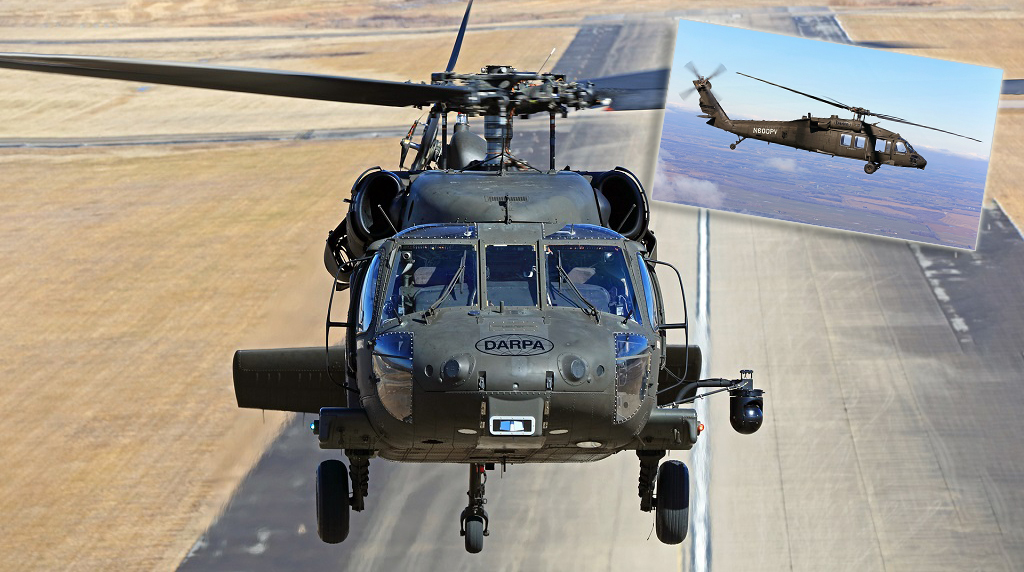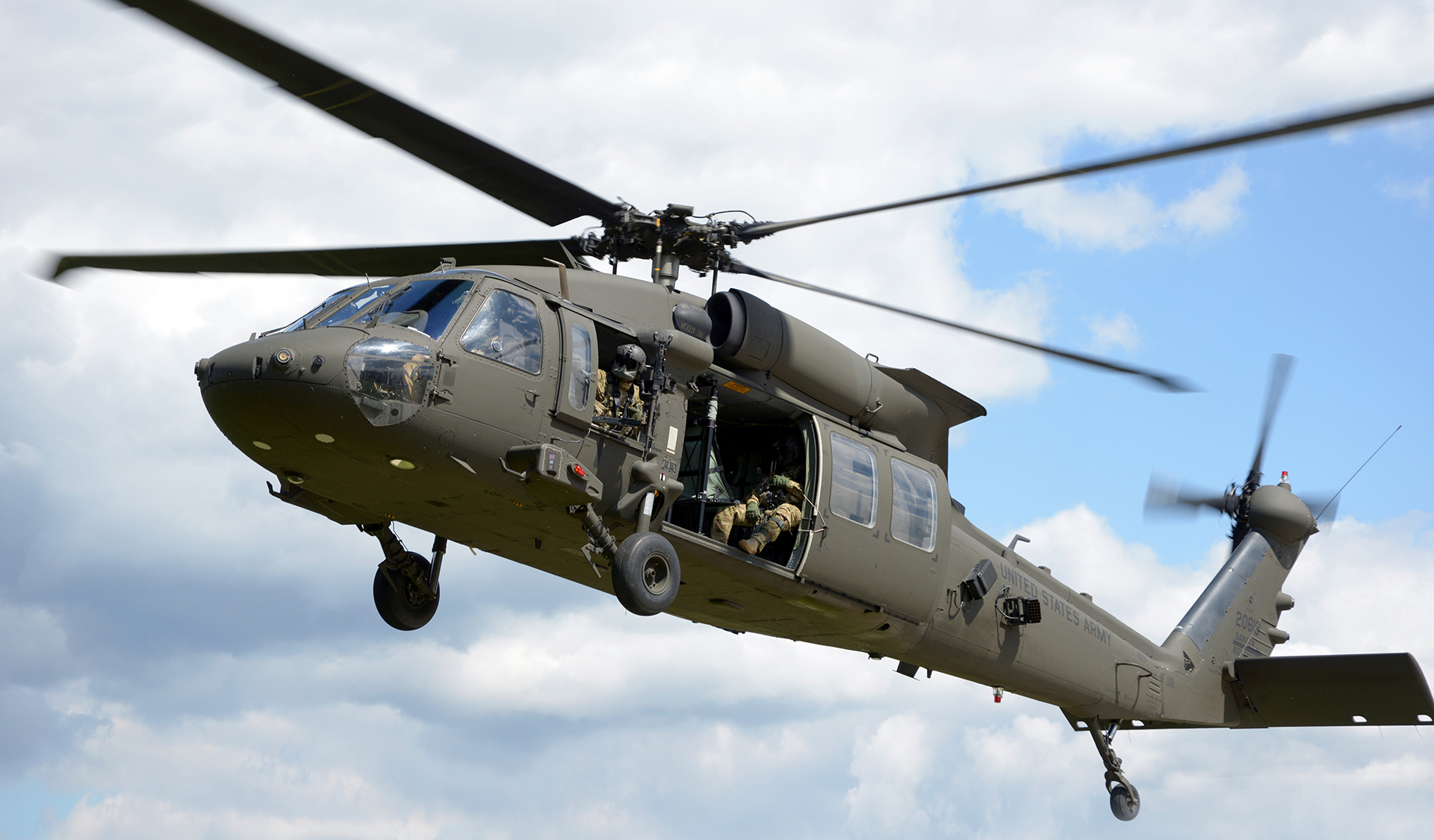The Role of Aircraft in Shaping Global Transport and Trade Dynamics
The advancement of aircraft has indelibly changed worldwide transport and profession characteristics, assisting in unmatched levels of connectivity and performance. Via the facility of durable air cargo networks, services can now browse international markets with exceptional speed and agility, therefore redefining supply chain techniques. Nonetheless, this makeover is not without its challenges, as the aeronautics market grapples with sustainability concerns and regulatory stress. As we explore the diverse impacts of airplane on global profession, it is important to take into consideration just how these aspects will certainly form the future landscape of aeronautics and its role in the economic climate.

Development of Air Transport
The evolution of air transportation has been marked by significant technological advancements and technologies that have actually transformed the way individuals and items relocate across the globe. From the Wright brothers' very first powered flight in 1903 to the growth of supersonic jets, each turning point has emphasized the unrelenting quest of efficiency and speed in air traveling.
The latter part of the 20th century witnessed the introduction of business aeronautics as a practical setting of transport, characterized by the introduction of jet engines, which changed flight by drastically minimizing flight times. In addition, developments in navigating and interaction innovations have boosted operational efficiency and safety and security, permitting for even more facility trip paths and timetables. The surge of air freight in parallel with guest services has additionally emphasized the adaptability of aeronautics. As we aim to the future, emerging innovations such as independent and electric aircraft pledge to redefine the air transportation landscape, making sure ongoing advancement and adaptation to international needs.
Effect On Global Trade
Air transportation has greatly improved worldwide profession by promoting the swift movement of goods throughout huge ranges. This expedited logistics capability permits businesses to respond swiftly to market demands, therefore improving supply chain efficiency. The ability to deliver subject to spoiling goods, high-value products, and time-sensitive items has actually opened up new markets and opportunities for numerous sectors, dramatically influencing trade patterns.
Furthermore, the development of air freight networks has actually fostered globalization, making it possible for business to source products and items from different components of the world seamlessly. This interconnectedness minimizes preparations and costs, enabling organizations to remain affordable in a significantly worldwide marketplace. Additionally, air transport plays an important duty in shopping, where customer expectations for rapid distribution have driven a rise sought after for air products services.
The effect of aircraft on worldwide trade includes the development of critical profession courses, connecting regions and helping with worldwide partnerships. Nations that purchase air transportation infrastructure frequently experience boosted financial growth and boosted international direct financial investment. On the whole, the evolution of air transport has not just changed the logistics landscape however has also become a crucial component in the dynamics of international profession.

Financial Advantages of Air Travel
A durable air travel field produces substantial economic advantages, adding to task production, tourism, and overall financial growth - uh 60. The aeronautics industry supports millions of jobs worldwide, varying from straight employment in airport terminals and airline companies to indirect roles in markets such as friendliness, transport, and logistics. According to market reports, for every task in the air travel market, roughly 3.5 additional work are created in the more comprehensive economy
Tourism is a critical aspect of the economic benefits stemmed from aviation. Air traveling promotes worldwide tourist, enabling tourists to check out varied destinations, which subsequently promotes regional economic situations. Countries that invest in their aviation facilities commonly experience enhanced visitor arrivals, bring about higher spending on solutions such as attractions, resorts, and restaurants.

In addition, aviation boosts international connectivity, enabling companies to access new markets and resources successfully. As an outcome, markets such as ecommerce and production advantage immensely from dependable air transportation, further driving economic growth.
Difficulties Encountering the Aeronautics Sector
Browsing an intricate landscape of governing, environmental, and economic obstacles, the aviation market encounters substantial difficulties that threaten find out its sustainability and growth. Rules bordering safety and protection are continuously advancing, requiring recurring conformity and adjustment from suppliers and airline companies (uh 60). This can result in boosted functional expenses and resource appropriation that diminishes development and expansion efforts
Additionally, environmental issues have ended up being paramount, with expanding examination over carbon exhausts and sound pollution. The industry is under pressure to embrace greener innovations and methods, which often need significant financial investment in research study and development. Stabilizing these ecological responsibilities with the demand for air travel presents a considerable difficulty.
Economic variations, such as climbing fuel rates and geopolitical uncertainties, further make complex the landscape. Airlines often come to grips with volatile operating expense and varying traveler need, which can influence productivity and long-lasting preparation. Labor lacks and skill voids in essential areas add an additional layer of complexity, preventing operational performance.
Eventually, attending to these complex obstacles is crucial for the aviation market to maintain its crucial function in worldwide transport and trade, while guaranteeing durability and flexibility in a progressively competitive market.
Future Patterns in Flight
Shifting and emerging technologies consumer preferences are poised to reshape the future of flight dramatically. The assimilation of expert system and artificial intelligence is anticipated to boost operational effectiveness, simplify airport processes, and boost customer care. Anticipating analytics will facilitate much more link precise demand projecting, allowing airline companies to maximize trip timetables and prices versions.
Sustainability is becoming a vital motorist in air travel, with the aviation industry significantly focused on reducing carbon discharges. Advancements in airplane design, such as electric and hybrid propulsion systems, are being checked out to satisfy environmental targets. The fostering of lasting air travel fuels (SAFs) is expected to play an important function in accomplishing net-zero emissions by like this 2050.
Consumer choices are changing in the direction of individualized travel experiences. Airline companies are buying advanced information analytics to customize solutions and enhance customer interaction, ensuring a more personalized journey from scheduling to arrival. Additionally, the surge of remote work might cause enhanced demand for recreation travel, as people seek to integrate job and holiday.
Final Thought
In conclusion, airplane significantly influence global transportation and profession dynamics by assisting in rapid motion and boosting supply chain efficiency. The evolution of air transportation has transformed international profession, producing substantial financial benefits while likewise offering challenges that require critical administration. Future patterns indicate an ongoing reliance on aeronautics for commerce, highlighting its indispensable role in globalization and financial development. The recurring adjustment of the aviation market will be crucial for sustaining its payments to the global economic situation.
The last component of the 20th century saw the development of industrial air travel as a sensible setting of transport, characterized by the introduction of jet engines, which reinvented air traveling by significantly lowering flight times. The surge of air cargo in parallel with traveler solutions has even more highlighted the flexibility of aviation. Furthermore, air transportation plays a vital function in e-commerce, where customer assumptions for rapid delivery have driven a rise in demand for air products services.
In general, the advancement of air transportation has not just transformed the logistics landscape yet has additionally end up being an important part in the dynamics of worldwide profession.
Sustainability is becoming a crucial chauffeur in air traveling, with the aviation sector increasingly concentrated on reducing carbon exhausts.